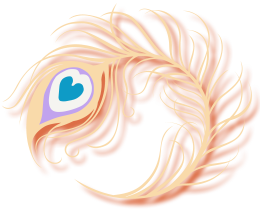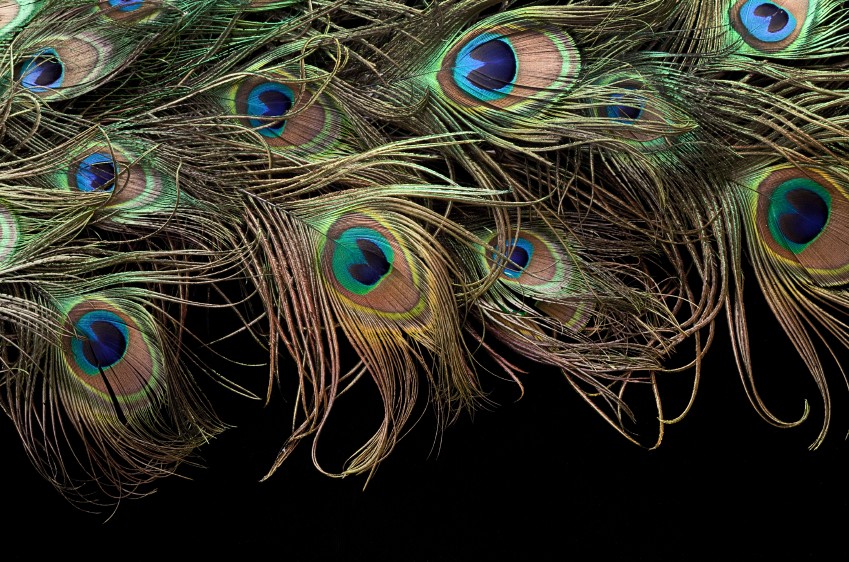Krishna is pictured in Hindu symbology with a crown of peacock’s feathers, playing the flute. Krishna is the ideal of divine love, the God of love. And the divine love expresses itself by entering into man and filling his whole being. Therefore the flute is the human heart, and a heart which is made hollow will become a flute for the God of love to play upon. When the heart is not empty, in other words, when there is not scope in the heart, there is no place for love. Rumi, the great poet of Persia, explains this idea more clearly. He says the pains and sorrows the soul experiences through life, are like holes made in a reed flute, and it is by making these holes that a player makes the flute out of a reed. This means that the heart of man is first a reed, and the sufferings and pains it goes through make it a flute, which can then be used by God as the instrument for the music that He constantly wishes to produce. But as every reed is not a flute, so every heart is not His instrument. As the reed can be made into a flute, so the human heart can be turned into an instrument, and can be offered to the God of love. It is the human heart which becomes the harp of the angels; it is the human heart which is known as the lute of Orpheus. It was on the model of the heart of man that the first instrument of music was made, and no earthly instrument can produce that music which the heart produces, raising the mortal soul to immortality.
The crown of peacock’s feathers leads to a further revelation: that it is the music of the heart which can be expressed through the head; it is the knowledge of the head and the love of the heart that together fully express the divine message. The peacock’s feather in all ages has been considered as a sign of beauty and knowledge; beauty because it is beautiful, knowledge because it is in the form of an eye. It is by keen observation that man acquires knowledge. Knowledge without love is lifeless.



